IN OUR BUSINESS, QUALITY IS PRIORITIZED OVER QUANTITY
We planted the olive grove, cultivated it and built our oil mill with the aim of producing an authentic genuine olive oil with all its benefits; that is, an actual organic extra virgin olive oil.
OUR OLIVE GROVE
It is true that the culture methods used in our grove reduce the efficiency of kilograms of olives per tree, which entails bigger production expenses. However, this way the olives absolutely lack residues that might put consumers’ health at risk. It is also worth mentioning that with organic culture, groundwater, the air and the terrain strata are no longer in danger of being contaminated by nitrite or waste that would put at risk the balance required by both the environment and our health.
- VISITS TEMPORARILY NOT AVAILABLE -
THE PROCEDURE
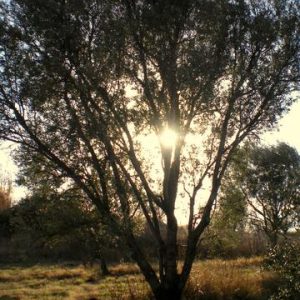
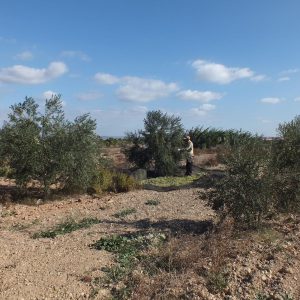
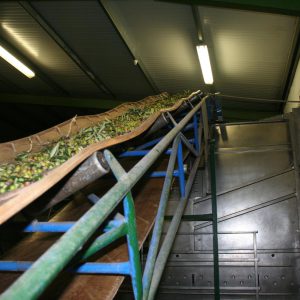
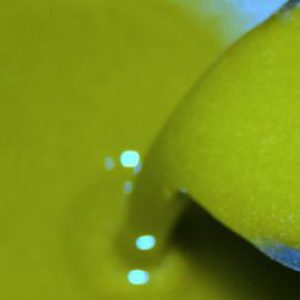
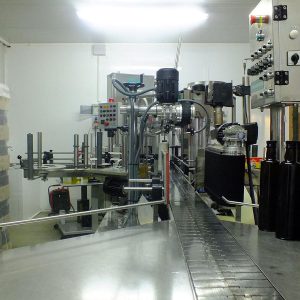

Organic culture
We cultivate the olive using organic farming methods, which don’t allow the use of chemical fertilizers, weedkillers or any other products generating toxic residues which harm the environment.

Harvesting
It is done using organic methods. In November, we pick up the olives and start the oil production at once.

Washing
The olives are washed with air and water. That way, leaves and small branches are removed.

Milling
Along this process, the tissues of the olive break and release drops of ISUL.

Mixing
Mixing is one of the most important processes. It brings together in one continual phase the drops of oil dispersed in the crushed paste. We control the temperature and we do not add water. As a result, the paste is more difficult to work with and less olive oil is obtained, but there are no negative alterations in quality or aroma loss.

Centrifugation
After being mixed, the paste is sent to the decanter in order to be separated into its two phases. One of the phases is composed of solids or vegetation water (“orujo”), and the other phase is olive oil. We would like to point out that to obtain only the best olive oil we do not force the separation, and so some olive oil is lost in the “orujo”.
The crushing, mixing and centrifugation are carried out at cold temperatures in order to preserve the oil vitamins and aroma properties.

Storage
The organic EVOO is stored in stainless steel tanks properly sealed at steady temperature. The oil itself separates its own humidity and muddy sediments, sending them to the bottom of the tank, where they are periodically removed from.

Packaging
After being naturally decanted, the olive oil is packaged without being filtered, so it doesn’t lose its vitamins and antioxidants. It is packed in dark glass or cans, since they are excellent materials to store olive oil. That way, we avoid losing quality.
WHAT DO THEY SAY ABOUT OUR OIL?
Very friendly owners.
Good product to give to a client or friends!!!
Thanks, we'll come by tomorrow...